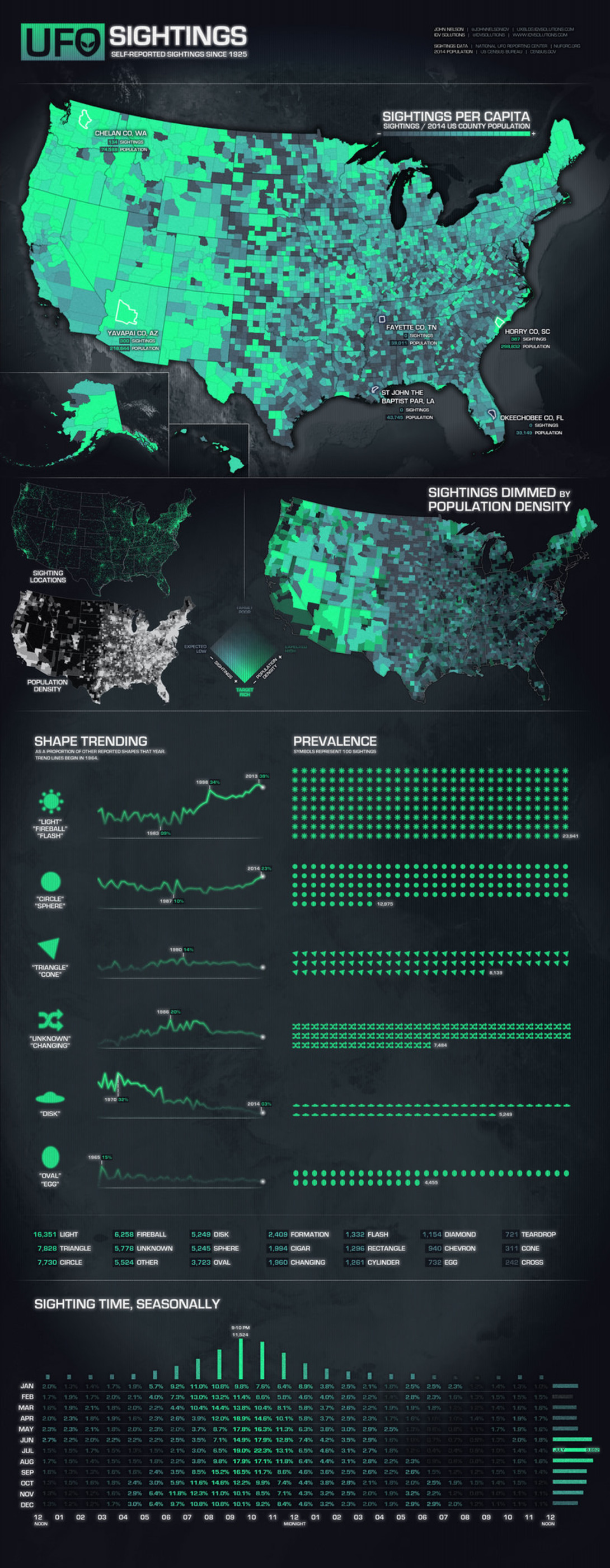What happens when a simple animated family transcends entertainment and becomes a cultural phenomenon? The Simpsons is more than just a TV show; it’s a satirical masterpiece, a mirror of society, and an undeniable influence on pop culture for over three decades.

This infographic celebrates 30 years of The Simpsons with fascinating facts, data, and trivia that highlight the show’s unparalleled impact. Let’s unpack it.
By the Numbers: A Sitcom Giant
The infographic begins with staggering statistics:
- Debuted in 1989: With its first episode airing in December 1989, The Simpsons has become the longest-running scripted primetime television show in history.
- Over 600 Episodes: It’s no small feat that the show has sustained its storytelling across more than 30 seasons, solidifying its place in the TV hall of fame.
- Languages and Syndication: Translated into over 50 languages and aired in more than 100 countries, The Simpsons has reached audiences far beyond Springfield.
What does this mean? It’s simple: The Simpsons isn’t just a sitcom—it’s a global phenomenon. Few shows can claim the same level of longevity, cultural resonance, or universal appeal. Its unique blend of humor, satire, and heartfelt moments has captivated audiences for over three decades, making it a staple in households around the globe. With episodes that delve into various themes and societal issues, it has remained relevant to new generations of viewers. From exploring the everyday lives of the Simpson family to portraying the Simpsons on world adventures, the show continues to push boundaries and inspire laughter across different cultures.
Did You Know? Fun Facts from the Infographic
The infographic then dives into fascinating trivia, giving us a glimpse into the behind-the-scenes magic of Springfield:
- Celebrity Guest Stars: Over 700 celebrities have lent their voices to the show, from musicians like Paul McCartney to actors like Patrick Stewart.
- Iconic Family Traits: Matt Groening, the show’s creator, designed the characters with distinctive silhouettes (like Homer’s bald head and Bart’s spiky hair) so they would be instantly recognizable even in silhouette form.
- Awards Galore: With over 30 Emmy Awards to its name, the show’s cultural significance has been matched by critical acclaim.
These fun facts remind us how much thought and effort has gone into The Simpsons’ enduring success. It’s not just about humor—it’s about artistry, clever writing, and innovative storytelling.
Top 10 Episodes (According to IMDb)
No Simpsons discussion is complete without reflecting on its greatest hits. The infographic highlights the top 10 episodes, as rated by IMDb:
- “Marge vs. the Monorail” (Season 4, Episode 12): A hilarious critique of infrastructure spending, penned by Conan O’Brien, is widely regarded as the show’s finest.
- “Homer at the Bat” (Season 3, Episode 17): Featuring a host of Major League Baseball stars, this episode became an instant classic.
- “Who Shot Mr. Burns? (Part 1)” (Season 6, Episode 25): A brilliant cliffhanger that parodied soap operas and kept fans guessing for months.
What makes these episodes so memorable? They blend razor-sharp satire with heartfelt moments, proving that The Simpsons can be both hilarious and meaningful.

Quotes in Everyday Life
The infographic also notes that The Simpsons has infiltrated our language, giving us iconic quotes we use every day:
- “D’oh!”: Homer’s famous exclamation is so universal that it’s included in the Oxford English Dictionary.
- “Eat my shorts!”: Bart’s rebellious catchphrase became a rallying cry for 90s kids everywhere.

It’s hard to overstate how much The Simpsons has shaped the way we talk. These quotes are more than just jokes—they’re shorthand for shared cultural moments.
Quick Facts and Cultural Impact
Most Spoken Words by Each Character
The infographic humorously lists the most frequently spoken words by each family member:
- Homer: “D’oh!”
- Bart: “Ay Caramba!”
- Lisa: “I think…”
- Marge: “Hmm…”
- Maggie: Well, not much—she’s still mastering her pacifier.
Cultural Touchpoints
The show’s reach extends beyond TV:
- Predictions: The series has “predicted” major events, from Donald Trump’s presidency to smartwatches. These moments feel almost prophetic, blurring the line between satire and reality.
- Parodies: From poking fun at organized religion to lampooning global politics, The Simpsons has left no stone unturned.

Evolution: Then vs. Now
The infographic ends with a side-by-side comparison of the Simpsons family in 1987 versus their modern look. What started as rough sketches on The Tracey Ullman Show has evolved into the polished, vibrant characters we know today.

This transformation reflects more than just better animation technology—it symbolizes how The Simpsons has adapted to stay relevant in a changing world. The characters may look different, but their essence remains the same.
Why The Simpsons Matters
This infographic is a reminder of why The Simpsons is so much more than a TV show. It’s a cultural institution, a reflection of society’s highs and lows, and a constant in an ever-changing world. From its biting satire to its heartfelt moments, The Simpsons continues to entertain, inspire, and, yes, predict the future. As it endures the test of time, The Simpsons has evolved, tackling contemporary issues and showcasing a diverse array of characters that resonate with audiences across generations. However, the show faces challenges such as declining viewership of the simpsons, prompting discussions about its relevance in today’s fast-paced media landscape. Yet, despite these obstacles, the show’s ability to adapt and maintain its cultural significance speaks to its legacy and enduring impact on popular culture. Moreover, the show’s clever storytelling often draws from the relatable experiences of its characters, including Homer Simpson’s work experience at the Springfield Nuclear Power Plant, which serves as a humorous yet poignant commentary on modern employment struggles. Each episode not only entertains but also prompts viewers to reflect on their own lives, contributing to the show’s lasting relevance. As new generations discover The Simpsons, its ability to blend humor with social commentary ensures that it remains a vibrant part of our cultural conversation.
Whether you’re a die-hard fan or a casual viewer, it’s clear: Springfield’s first family isn’t going anywhere anytime soon. And for that, we can all say, “Woo-hoo!”











